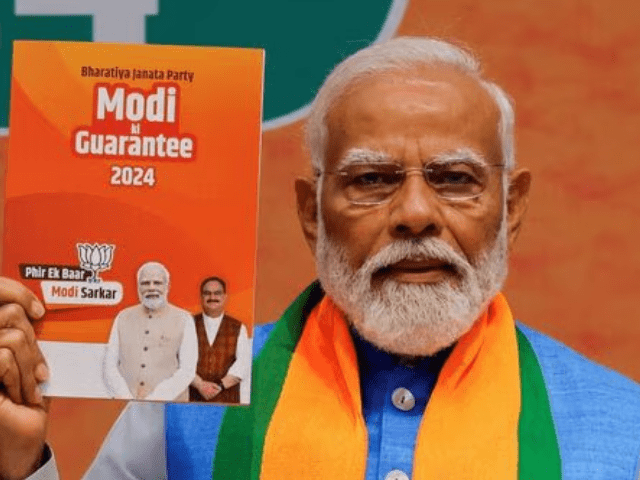As the sun rises on Friday, nearly a billion voters across the length and breadth of India, that is Bharat, will embark on their quinquennial trek to polling booths. The air is thick with anticipation and the question on everyone’s mind is clear – what does the ruling Bharatiya Janata Party’s (BJP) agenda hold for the next five years?
By the first week of June, the verdict of the world’s largest democracy will be known. The direction in which this vibrant and diverse nation is headed will start to unfold.
A Vision for the Future
At the helm of affairs is the incumbent Prime Minister, Narendra Modi. Known for his charismatic leadership and mass appeal, Modi has been anything but reticent about his vision for India. Over the past couple of years, he has articulated his plans and aspirations for the nation with increasing clarity.
A trained pracharak of the Rashtriya Swayamsevak Sangh (RSS), the ideological parent of the BJP, Modi’s beliefs are deeply rooted in the core values of the Sangh. The belief that India is a Hindu nation is paramount among these values.
The Modi Phenomenon
While the Sangh has traditionally shied away from personality cults, Modi has managed to carve out a unique space for himself within the organization. He has leveraged his popularity to further the Sangh’s agenda, often putting his personal stamp on the party’s policies and programs.
There may be divergences within the Sangh on economic issues, but when it comes to deepening Hindu nationalism, there is a clear consensus. This alignment of vision is evident in the evolution of the BJP’s manifestos over the years.
As India stands at the cusp of a new era, the world watches with bated breath. The outcome of this electoral exercise will not just determine the course of the nation for the next five years, but also shape the contours of Indian democracy in the years to come.



